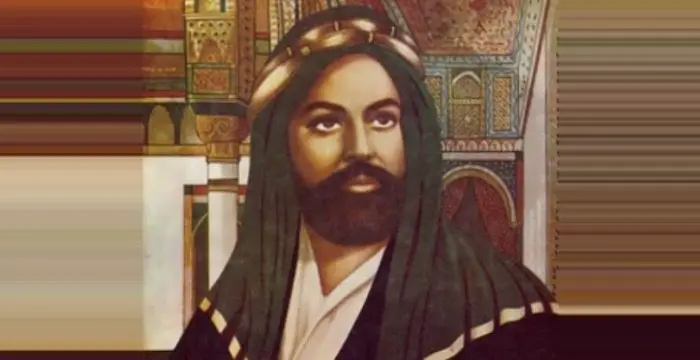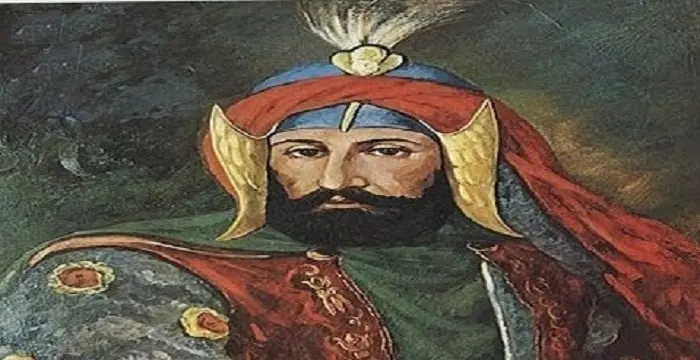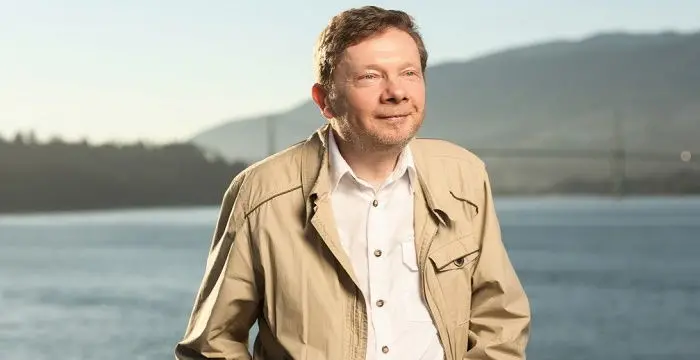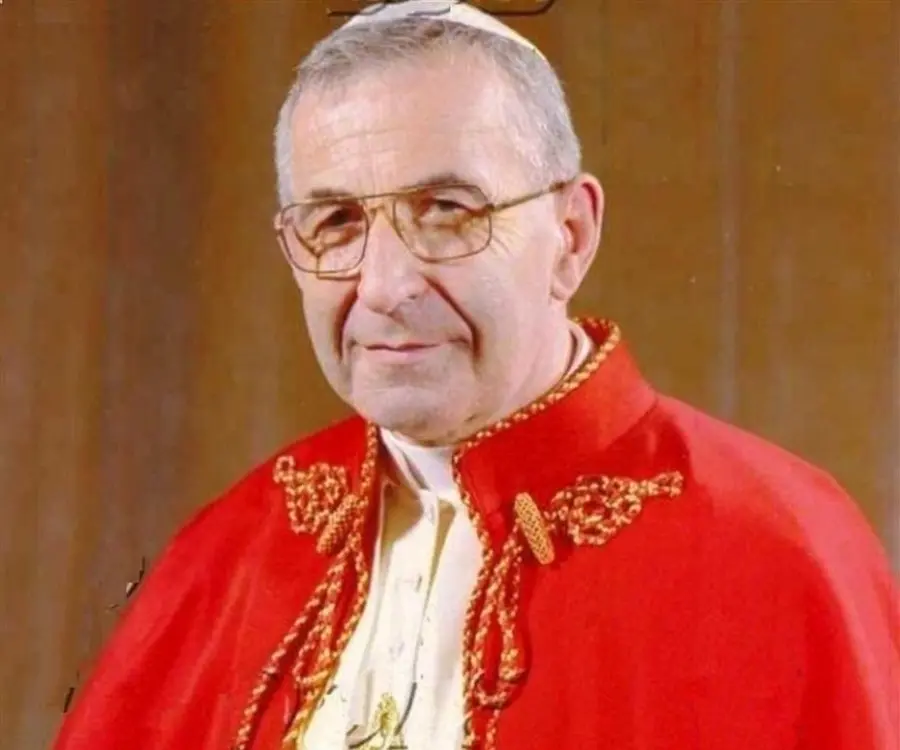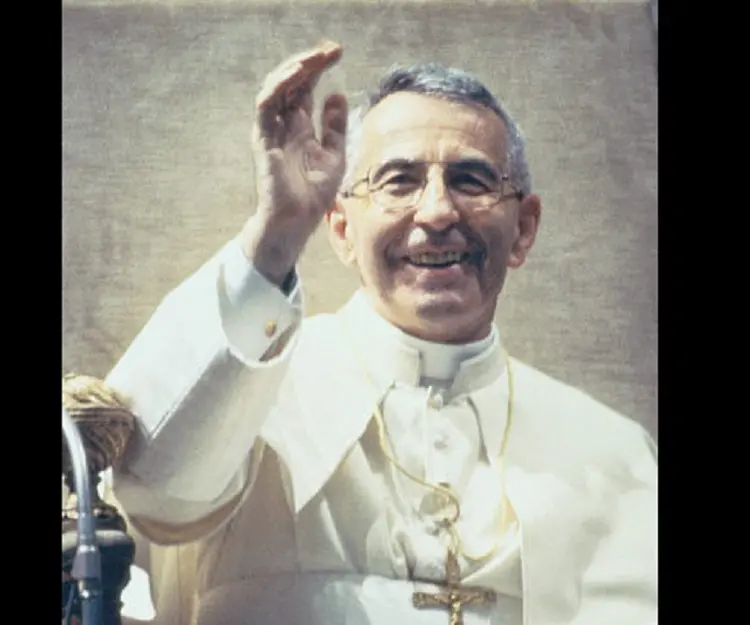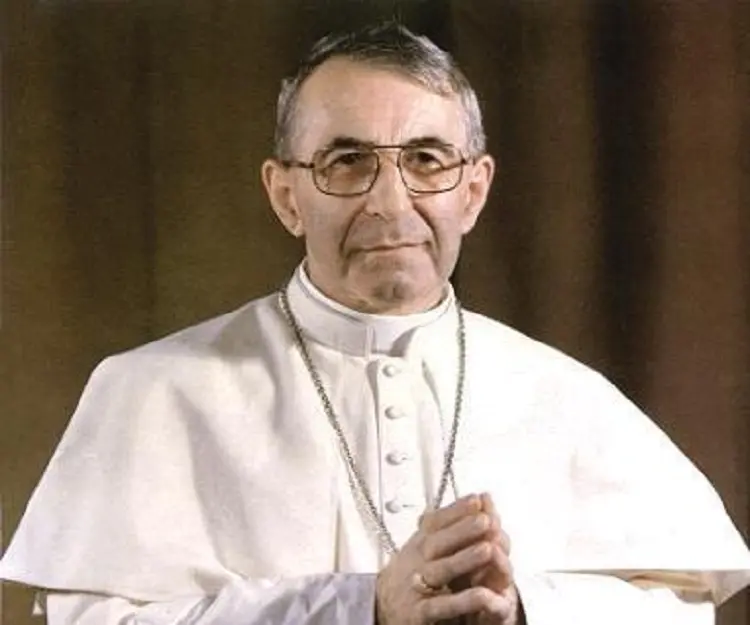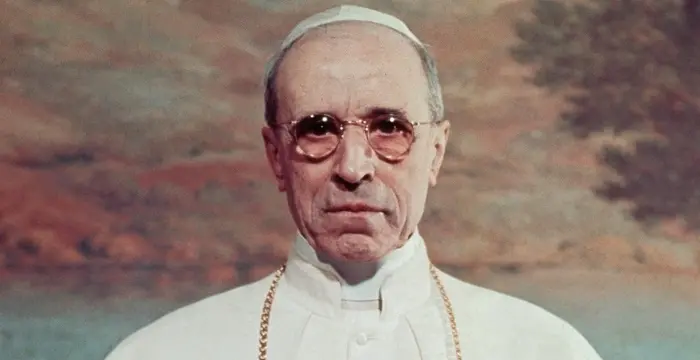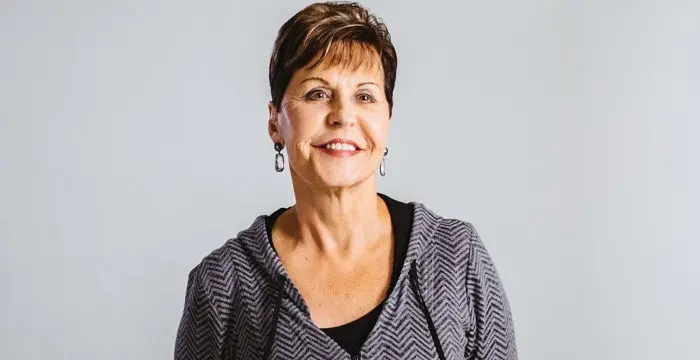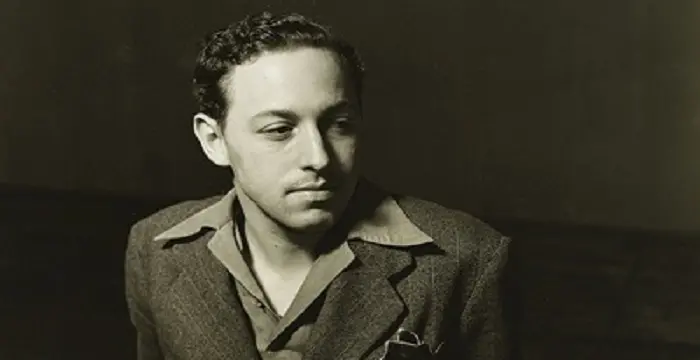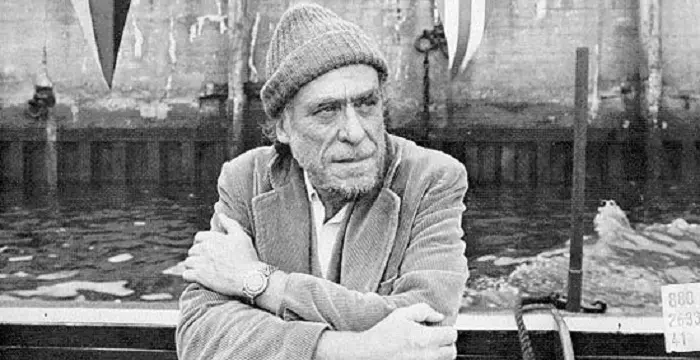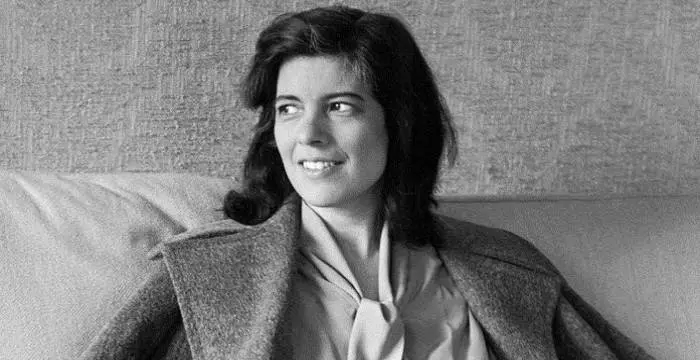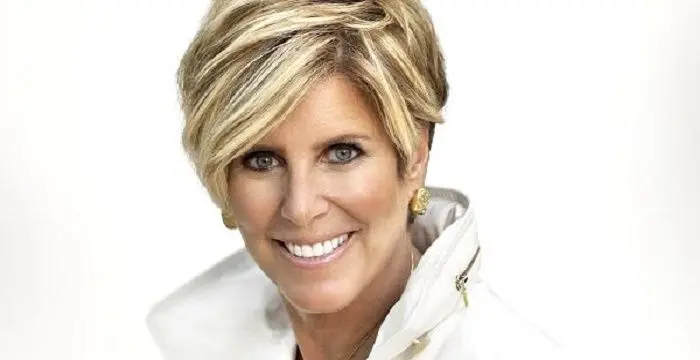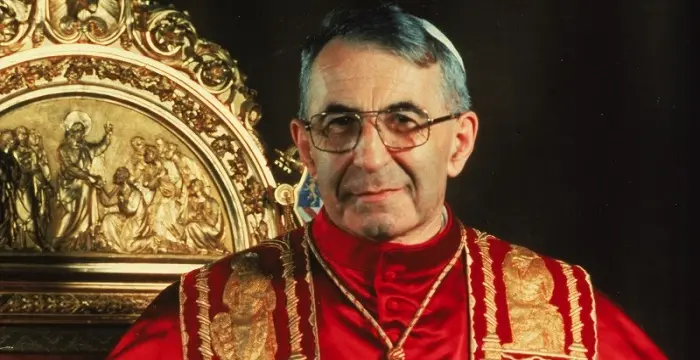
Pope John Paul I - Religious Leaders, Timeline and Personal Life
Pope John Paul I's Personal Details
Pope John Paul I was the Pope from 26 August 1978 to 28 September 1978
| Information | Detail |
|---|---|
| Birthday | October 17, 1912 |
| Died on | September 28, 1978 |
| Nationality | Italian |
| Famous | Leaders, Spiritual & Religious Leaders, Writers, Pope of Roman Catholic Church, Religious Leaders, Spiritual |
| Spouses | no value |
| Siblings | Federico Luciani |
| Known as | Albino Luciani |
| Universities |
|
| Birth Place | Canale d'Agordo |
| Religion | Roman Catholic Church |
| Gender | Male |
| Father | Giovanni Luciani |
| Mother | Bortola Tancon |
| Sun Sign | Libra |
| Born in | Canale d'Agordo |
| Famous as | Pope of Roman Catholic Church |
| Died at Age | 65 |
// Famous Religious Leaders
Prophet Muhammad
Prophet Muhammad was the founder of Islam, one of the most widespread religions in the world. This biography profiles his childhood, life story, achievements and more.
Murad IV
Murad IV was one of the mighty Sultans in the history of the Ottoman Empire. This biography profiles his childhood, family, accession, rule, administration and timeline.
Eckhart Tolle
Eckhart Tolle is a well-known spiritual leader, and author. Check out this biography to know about his childhood, family, personal life, spiritual awakening, etc.
Pope John Paul I's photo
Who is Pope John Paul I?
Pope John Paul I was the Pope from 26 August 1978 to his sudden death on 28 September 1978. His reign of 33 days is among the shortest in papal history. Despite being very short, his reign was one that radiated warmth, love, faith, hope and humanity. Even in his short tenure, he left a lasting imprint on the minds and hearts of the people. His ideologies reflected the spirit of humanity and showcased the immense love and warmth that he had for the people. He started a legacy with his actions that soon made him one-of-a-kind leader. He became the first pope to abandon the flamboyant coronation service and instead had a simple Papal Inauguration, matching his simplistic personality and humble self. Furthermore, he was the first to use a double name (John Paul) as his papal name. In addition, he was also the first pope to add the regnal number ‘I’, thus designating himself as ‘the First’. Also, he was the first pope in decades to not have previously held either a diplomatic role or Curial role. It was for his dedicated service to mankind that his successor, Pope John Paul II declared him a Servant of God. Pope John Paul I, in his short tenure, insisted on living a simple life and being helpful and humble. His principles and ideologies have been looked upon highly by his successors and have made him a much loved figure in history.
// Famous Spiritual
Prophet Muhammad
Prophet Muhammad was the founder of Islam, one of the most widespread religions in the world. This biography profiles his childhood, life story, achievements and more.
Murad IV
Murad IV was one of the mighty Sultans in the history of the Ottoman Empire. This biography profiles his childhood, family, accession, rule, administration and timeline.
Eckhart Tolle
Eckhart Tolle is a well-known spiritual leader, and author. Check out this biography to know about his childhood, family, personal life, spiritual awakening, etc.
Childhood &Early Life
Pope John Paul I was born as Albino Luciani on October 17, 1912, in Forno di Canale, North Italy to Giovanni Luciani and Bortola Tancon. He had three younger siblings, two brothers and a sister. Luciani was baptised the same day of his birth.
When he was ten, Luciani attended the talks of a Capuchin friar who preached the Lenten sermons. The event had such a deep impact and influence on the young boy that he decided to become a priest someday. Despite being ‘too vivacious’ for the services, he started attending the seminary.
On July 7, 1935, Luciani was ordained a priest. He served at his hometown and progressed to becoming a Professor and Vice-Rector in 1937. He taught dogmatic and moral theology, canon law, and sacred art. He started pursuing his PhD in Sacred Theology in 1941, eventually gaining it in 1947 from Pontifical Gregorian University.
Career
After receiving his doctorate, Luciani was named Chancellor to Bishop Girolamo Bortignon. He was nominated for the position of Bishop several times but his poor health came in the way. Finally, on December 15, 1958 Luciani was appointed Bishop of Vittorio Veneto by Pope John XXIII.
Vowing to serve as a teacher and a servant, Luciani took up Humilitas (Humility) as his episcopal motto. It remained with him upon his appointment as the Pope as well. He took possession of the diocese on January 11, 1959. In 1966, he visited Burundi in East Africa to serve the people therein.
In December 1969, Luciani was appointed as the new Patriarch of Venice by then Pope Paul VI. As a Patriarch of Venice, Luciani travelled frequently to Germany and Brazil. In 1971, he was invited to the Synod of Bishops held in Rome. In the congregation, he advocated the need of helping Third World nations by donating one percent of the total income by the developed countries of the world. In March 1973, Pope Paul VI appointed Luciani as the Cardinal-Priest of San Marco.
Luciani was a strong supporter of the theory of simple living and humble thinking. In 1976, he sold a gold cross for raising money for spastic children. While some were critical of his act, in the broader light, he was seen as a dutiful servant and a moralistic leader who believed in making life precious instead of preserving valuables.
He even advocated selling of gold that the churches had so as to help handicapped children. Time and again, Luciani set up family counselling clinics to help the poor deal with marital, financial and sexual problems.
Pope Paul VI died on August 6, 1978. Following his death, a conclave was summoned for the election of a new Pope. As the Patriarch of Venice, Luciani was invited to the conclave. Though not considered ‘papabile’, his name came up in several papers.
While some cardinals believed he would make an excellent pontiff, there were others who thought that he did not possess the warmth and affection needed of a pastoral figure. Ultimately he was elected on the fourth ballot of the August 1978 papal conclave.
On August 26, 1978, Albino Cardinal Luciani, Patriarch of Venice, was proclaimed as Pope John Paul I. With this, he became the first Pope to take up a dual name in papal history. His regnal name “John Paul” was to pay homage to his immediate predecessors, Pope John XXIII and Pope Paul VI. He also became the first pope to designate himself ‘the First’.
Immediately after being made Pope John Paul I, he came up with a six-set plan which defined much of his pontificate journey. He planned to renew the church through the policies implemented by Vatican II, to revise canon law, to remind the church of its duty to preach the Gospel, to promote church unity without watering down doctrine, to promote dialogue and to encourage world peace and social justice.
During his term in the papacy, John Paul I came up with several reforms that humanized the office of the Pope. Instead of using ‘we’, he mostly spoke in singular form ‘I’. He was the first pope to choose a ‘papal inauguration’ to commence his papacy rather than the traditional Papal Coronation Mass. He refused to use the sedia gestatoria or the ceremonial throne like an armchair on which the Pope travels from St Peter’s Square. Though he eventually abided by the norm, he was the last to use it.
Since the beginning of his journey as a priest, John Paul I had been very vocal about all matters, including sex. He supported the use of contraception pills but abhorred the practice of abortion. He claimed that it violated God's law.
He questioned artificial insemination as well, which was at its budding phase then, although he did not condemn its first users. John Paul I was against homosexuality and believed in love between two members of the opposite sexes that is sealed with commitment and fidelity.
John Paul was very expressive about the position of women in society. He believed that women played a crucial role in the society but were not meant to be priests. He believed that it was the will of Christ for women to carry a different, complementary, and precious service in the church. However, he claimed that in no way this degraded a woman or her position, making her inferior.
Though John Paul I was often criticized for his policies and was seen as an aloof Pope who remained in isolation and loneliness, the impact that his personality had on the people was overwhelming. He was seen as a warm, gentle and kind man with a friendly disposition. He was loved by the people who were in awe of his persona. What’s more, his excellent oratory skills impressed people.
Seeming to be the one to break free from the conformity and bring upon something new, Pope John Paul I’s papacy however did not last long due to his sudden death. He passed away after just 33 days into his papacy, leaving the world distressed and sad. Ironic as it may seem to be, just after being elected the new pope, Pope John Paul I had claimed that his reign would be a short one. However, none could fathom it to be so short.
Major Works
Pope John Paul I is best remembered as the “Smiling Pope” for his warm disposition, friendly nature, and the smile that he often displayed in public. Despite his papal tenure lasting for merely 33 days, he left an eternal impression on the hearts of the people with his warmth, love, humility, modesty, simplicity and his zeal to work for the betterment of the society. His friendly disposition and approachability made him distinct.
Personal Life & Legacy
Just 33 days into his papacy, Pope John Paul I passed away on September 28, 1978. He was found dead in his bed on the following morning. According to a doctor, he probably died of a sudden heart attack.
His funeral was held in Saint Peter's Square on October 4, 1978. He was laid to rest in the Vatican grottoes. He was succeeded by Cardinal Karol Jozef Wojtyła who took on the same name, Pope John Paul II.
His successors looked upon him as a gentle soul with a heart filled with love. While his immediate successor Cardinal Karol Wojtyła spoke of his values of faith, hope and love, Benedict XVI commented that it was due to his virtues that despite holding papacy for just 33 days, he was able to win the people’s hearts. His humility made him distinct and approachable.
Media houses including the ‘Time’ magazine and other publications referred to him as ‘The September Pope’. In Italy, people remember him as ‘Papa Luciani’. In his hometown, a museum has been made and named in his honour. It showcases his journey of life and his brief papacy.
// Famous Pope of Roman Catholic Church
Pope Pius XII
Pope Pius XII was the Pope during the turbulent times of World War II. Check out this biography to know about his childhood, family life and achievements.
Pope John Paul I's awards
| Year | Name | Award |
|---|---|---|
Other | ||
| 0 | Order of St. Gregory the Great | |
| 0 | Order of Pius IX | |
| 0 | Order of the Golden Spur | |
Pope John Paul I biography timelines
- // 17th Oct 1912Pope John Paul I was born as Albino Luciani on October 17, 1912, in Forno di Canale, North Italy to Giovanni Luciani and Bortola Tancon. He had three younger siblings, two brothers and a sister. Luciani was baptised the same day of his birth.
- // 1935On July 7, 1935, Luciani was ordained a priest. He served at his hometown and progressed to becoming a Professor and Vice-Rector in 1937. He taught dogmatic and moral theology, canon law, and sacred art. He started pursuing his PhD in Sacred Theology in 1941, eventually gaining it in 1947 from Pontifical Gregorian University.
- // 1958After receiving his doctorate, Luciani was named Chancellor to Bishop Girolamo Bortignon. He was nominated for the position of Bishop several times but his poor health came in the way. Finally, on December 15, 1958 Luciani was appointed Bishop of Vittorio Veneto by Pope John XXIII.
- // 1959Vowing to serve as a teacher and a servant, Luciani took up Humilitas (Humility) as his episcopal motto. It remained with him upon his appointment as the Pope as well. He took possession of the diocese on January 11, 1959. In 1966, he visited Burundi in East Africa to serve the people therein.
- // 1969In December 1969, Luciani was appointed as the new Patriarch of Venice by then Pope Paul VI. As a Patriarch of Venice, Luciani travelled frequently to Germany and Brazil. In 1971, he was invited to the Synod of Bishops held in Rome. In the congregation, he advocated the need of helping Third World nations by donating one percent of the total income by the developed countries of the world. In March 1973, Pope Paul VI appointed Luciani as the Cardinal-Priest of San Marco.
- // 1976Luciani was a strong supporter of the theory of simple living and humble thinking. In 1976, he sold a gold cross for raising money for spastic children. While some were critical of his act, in the broader light, he was seen as a dutiful servant and a moralistic leader who believed in making life precious instead of preserving valuables.
- // 6th Aug 1978Pope Paul VI died on August 6, 1978. Following his death, a conclave was summoned for the election of a new Pope. As the Patriarch of Venice, Luciani was invited to the conclave. Though not considered ‘papabile’, his name came up in several papers.
- // 28th Sep 1978Just 33 days into his papacy, Pope John Paul I passed away on September 28, 1978. He was found dead in his bed on the following morning. According to a doctor, he probably died of a sudden heart attack.
// Famous Writers
Joyce Meyer
Joyce Meyer is a Christian author and speaker. This biography provides detailed information about her childhood, life, achievements, works & timeline
Temple Grandin
Temple Grandin is a well-known American writer, autistic activist and animal expert. This biography profiles her childhood, life, achievements, career and timeline
Tennessee Williams
Tennessee Williams was one of the greatest playwrights of the 20th century. This biography of Tennessee Williams provides detailed information about his childhood, life, achievements, works and timeline.
Charles Bukowski
Charles Bukowski was a German-born American novelist, short story writer and poet. With this biography, learn in details about his childhood, life, works, career and timeline
Susan Sontag
Susan Sontag is an American critical essayist, cultural analyst, novelist, political activist, filmmaker and playwright of international repute. Read on to find out more about her childhood, career, profile and timeline.
Suze Orman
Suze Orman is an American television host, financial advisor, author and motivational speaker, famous for her ‘The Suze Orman Show’ on CNBC. This biography profiles her childhood, life, career, works, achievements and timeline.
Pope John Paul I's FAQ
What is Pope John Paul I birthday?
Pope John Paul I was born at 1912-10-17
When was Pope John Paul I died?
Pope John Paul I was died at 1978-09-28
Where was Pope John Paul I died?
Pope John Paul I was died in Vatican City
Which age was Pope John Paul I died?
Pope John Paul I was died at age 65
Where is Pope John Paul I's birth place?
Pope John Paul I was born in Canale d'Agordo
What is Pope John Paul I nationalities?
Pope John Paul I's nationalities is Italian
Who is Pope John Paul I spouses?
Pope John Paul I's spouses is no value
Who is Pope John Paul I siblings?
Pope John Paul I's siblings is Federico Luciani
What was Pope John Paul I universities?
Pope John Paul I studied at Pontifical Gregorian University
What is Pope John Paul I's religion?
Pope John Paul I's religion is Roman Catholic Church
Who is Pope John Paul I's father?
Pope John Paul I's father is Giovanni Luciani
Who is Pope John Paul I's mother?
Pope John Paul I's mother is Bortola Tancon
What is Pope John Paul I's sun sign?
Pope John Paul I is Libra
How famous is Pope John Paul I?
Pope John Paul I is famouse as Pope of Roman Catholic Church
